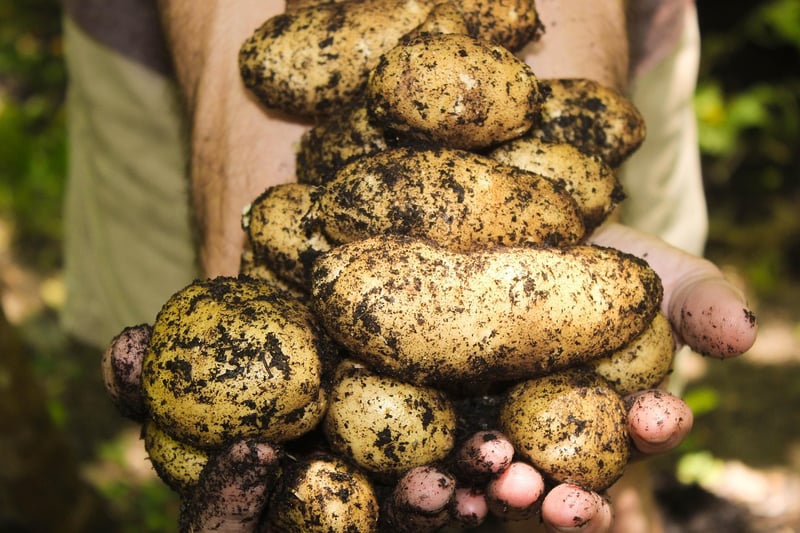Soil Management
Top Tips for Maintaining Healthy Plants Through Effective Soil Management
Having healthy plants is a goal for every gardener and plant enthusiast. One of the key factors that contribute to the well-being of your plants is the quality of the soil they are planted in. Proper soil management plays a crucial role in ensuring your plants thrive and flourish. Here are some essential tips to help you maintain healthy plants through effective soil management:
1. Know Your Soil
Before you start any gardening or planting activities, it's essential to understand the type of soil you are working with. Different plants have different soil requirements, so knowing whether your soil is sandy, loamy, or clayey will help you determine the necessary amendments for optimal plant growth.
2. Test Your Soil
Soil testing is a valuable tool that can provide you with crucial information about the pH level, nutrient content, and composition of your soil. You can perform a DIY soil test using a soil testing kit or send a sample to a professional lab for a detailed analysis. Based on the results, you can adjust the soil's pH and nutrient levels accordingly.
3. Add Organic Matter
Organic matter, such as compost, manure, or leaf mulch, is vital for improving soil structure, fertility, and moisture retention. Incorporating organic matter into your soil can enhance its nutrient content and microbial activity, creating a healthy environment for plant roots to thrive.

4. Mulch Your Soil
Applying a layer of mulch on the soil surface can help conserve moisture, suppress weeds, regulate soil temperature, and improve overall soil health. Organic mulches like wood chips, straw, or grass clippings also break down over time, adding nutrients to the soil.

5. Practice Crop Rotation
Crop rotation is a beneficial technique that involves planting different crops in the same area seasonally. This practice helps prevent soil depletion, minimize pest and disease buildup, and maintain soil fertility. Rotating crops can also break pest cycles and improve overall soil health.
6. Avoid Overworking the Soil
While it's essential to aerate and cultivate the soil, over-tilling or excessive digging can disrupt the soil structure, damage beneficial organisms, and lead to soil compaction. Be mindful of your gardening practices to preserve the soil's natural balance and integrity.
7. Monitor Soil Moisture
Proper soil moisture is critical for plant growth, as both underwatering and overwatering can harm your plants. Use a moisture meter or simply observe the soil to determine when and how much to water. Maintaining adequate soil moisture levels will support healthy root development and overall plant vigor.
By following these top tips for maintaining healthy plants through effective soil management, you can create an optimal growing environment for your beloved garden greenery. Remember that healthy soil is the foundation for healthy plants, so invest time and effort in nurturing your soil for bountiful harvests and beautiful blooms!
